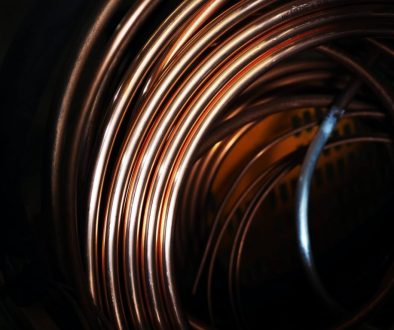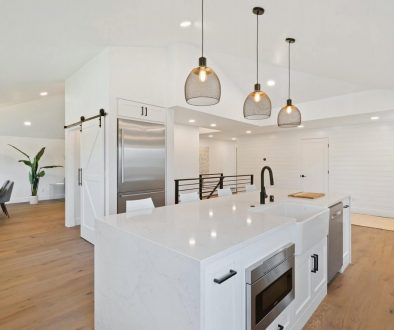Boiler Breakdown
Three categories
If you experience a gas boiler breakdown, it may come into one of three categories:
- a problem you can see, hear or smell (e.g. the boiler won’t ignite);
- a problem you’ll only see ‘downstream’ – (e.g. inefficient operation, which is something you may not see any indication of until you notice your gas bills rising);
- a silent and invisible problem that may be dangerous or even deadly (e.g. a partially blocked outlet flue or incorrect ventilation);
Typical modern gas heating systems are superbly engineered and perfectly safe – if they’re installed correctly and regularly serviced.
Yet having said that, just about any system can go wrong and when it does, it may do so at a time that is the most inconvenient possible for you.
Our expertise
That’s why at Blue Flame we pride ourselves in our expertise at:
- boiler repair – where we will respond to any boiler breakdown;
- preventative maintenance and servicing – where we will perform a range of tests and maintenance to try and ensure that problems are spotted before they occur.
It is essential to ensure that only suitably qualified personnel undertake any boiler repair or preventative maintenance. Looking out for gas engineers, such as ourselves, who are officially recorded on the Gas Safe Register and with a Heating and Ventilating Contractors’ Association (HVCA) accreditation makes sense.
A gas boiler breakdown is not a situation that is suitable for unsupervised trainees/apprentices, intelligent guesswork on the part of a general builder or for DIY dabbling. It requires boiler service engineers with diagnostic skills that are the result of years’ of training and experience, plus who carry the correct electronic equipment to carry out combustion analysis etc.
What to look for
So, what might be some of the indications that you are in danger of a boiler malfunction?
- pilot lights going out for no apparent reason;
- inexplicable increases in your gas consumption;
- rattles or noises coming out of your boiler;
- irregular burning/spluttering of the main gas burner jets;
- the boiler keeps shutting down;
- explosive ignition;
- smells of burning or general combustion;
- wisps of smoke risking from the boiler (into the room which houses it);
- water heating to insufficient temperatures (though the thermostat’s correctly set).
Other situations may require very urgent action and a call for emergency assistance after switching off all appliances;
- smells of gas in your house;
- inexplicable symptoms of illness on the part of family members (drowsiness, headaches or dizziness etc).
Carbon dioxide
Carbon dioxide (CO2) normally forms as a by-product of combustion and this is conducted away by flues in your boiler. Carbon monoxide (CO) is produced when there is incomplete combustion present, and there are numerous causes of this.
It is always advisable to fit both smoke alarms and CO detectors in your home – note that typical smoke alarms will not detect CO. They are modestly priced and a great potential safety aid for your family and you may be able to obtain some discounts on your home insurance if you fit them.
No detector though, can ever replace professional preventative maintenance so don’t wait for a boiler breakdown – help prevent them happening!



